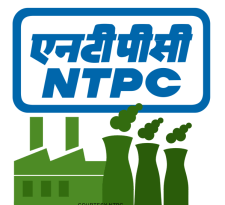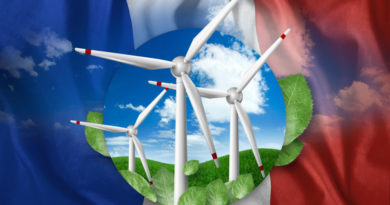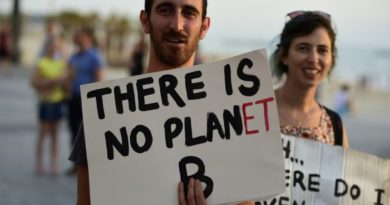5 African Nations Make Progress To De-Risk RE Projects, Morocco Announces Clean Energy Goal
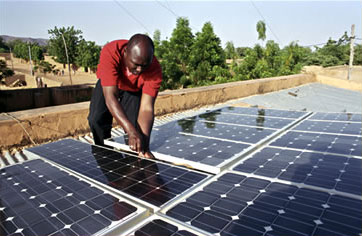
Five African Nations namely Benin, Burundi, Malawi, Uganda, and Zambia have made significant progress in de-risking renewable energy projects. They have entered into the Regional liquidity Support Facility or RLSF that ensures African Independent Power Producers are protected against payment risks.
The RLSF protects IPPs against the risk of delayed payments by public off-takers. This type of guarantee is a common requirement from lenders that fund projects, which often fail to access funding and in turn fail to reach financial close because this type of guarantee was not available earlier.
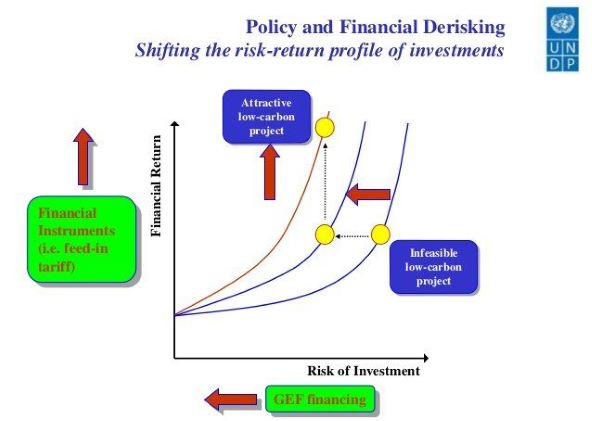
The RFLS facility will help small and mid-scale renewable energy IPPs(50-100MW) project reach financial closing and reduce energy deficit.
The RFLS is a joint initiative of the African Trade Insurance Agency (ATI) and German Development bank KfW with funding from the German Ministry for Economic Cooperation and Development (BMZ).
The Facility has an initial corpus of US$74 million and offers help to small and mid-scale renewable energy projects because they are generally cheaper, easier and faster to implement, integrate into the national electricity grid and at the same time have a positive environmental impact.
Also read: Tariff Rate Reality. Understanding the Price Fright of Solar Developers in India
On average, electricity generated by non-renewable energy producers in Africa costs between US$0.40 to US$0.50 per kWh whereas for the renewable energy solutions the cost has come down, anywhere from just US$0.10 to US$0.18 per kWh. The price difference makes renewable energy a viable alternative and the RLSF aims to further incentivize this options so that other African governments sign up.
George Otieno, the CEO of ATI noted “Our initial five partner countries are paving a path for what is possible in the African renewable energy space. By signing onto the RLSF agreement these governments have committed to provide support to IPPs implementing projects in their countries. This sends a powerful message about their will to drive the renewable energy sector in Africa. We are optimistic that other countries across Africa will follow.”
In 2018 so far, RLSF has supported a 7.5 MW Solar PV plant in one of the four partner countries, which will add an additional 15 percent to the country’s current capacity of 50 MW.
Morocco competing to be a renewable leader in Africa
 In order to meet the rising energy demands and fight Climate change, West African nation, Morocco is taking steps to become renewable energy leader of Africa. Moroccan Solar Agency Masen, has just announced its goal of achieving 52% of its energy from Renewable Energy by 2030. That is not all, it has devised a unique model based on 5 components- producing electricity from renewable sources, applied and pre-operational R&D backed by industrial projects, training, industrial integration, and local development.
In order to meet the rising energy demands and fight Climate change, West African nation, Morocco is taking steps to become renewable energy leader of Africa. Moroccan Solar Agency Masen, has just announced its goal of achieving 52% of its energy from Renewable Energy by 2030. That is not all, it has devised a unique model based on 5 components- producing electricity from renewable sources, applied and pre-operational R&D backed by industrial projects, training, industrial integration, and local development.
Masen aims to mobilize a competitive economic fabric to produce electricity as well as raise funds while creating skilled labor and jobs at the same time. The development of a 200-hectare on-site platform at the Noor Ouarzazate solar complex is central to its plans.
Internationally, Masen wants to become a preferred partner for any country wishing to make renewable energy a priority for its socio-economic development and has already signed several partnership agreements with African countries for the development of renewable energies.
Akinwumi Adesina, President of the African Development Bank Group and Masen President Mustapha Bakkoury have also signed a letter of intent marking a new cooperation initiative as part of the ‘Desert to Power’ programme.
Also Read: Africa Updates. Consultancy Launches Africa’s First Energy Data Book
Pic credit: United Nations

